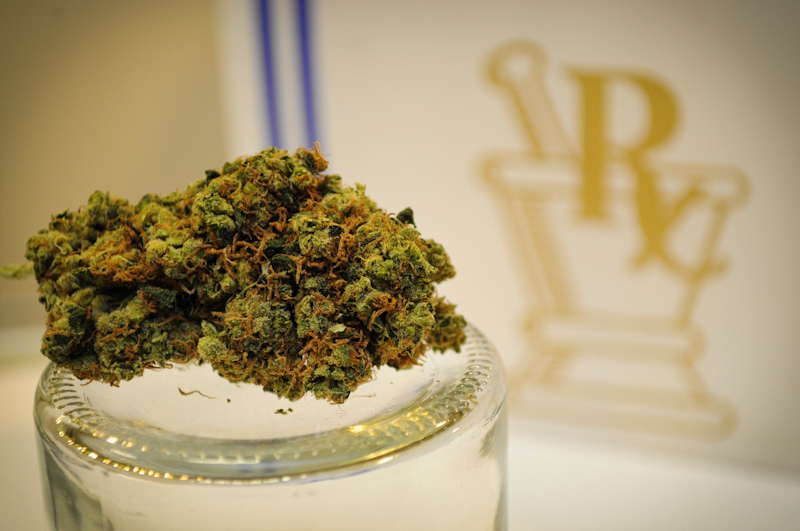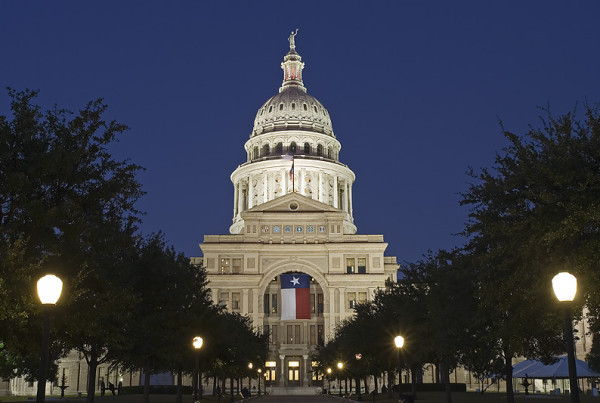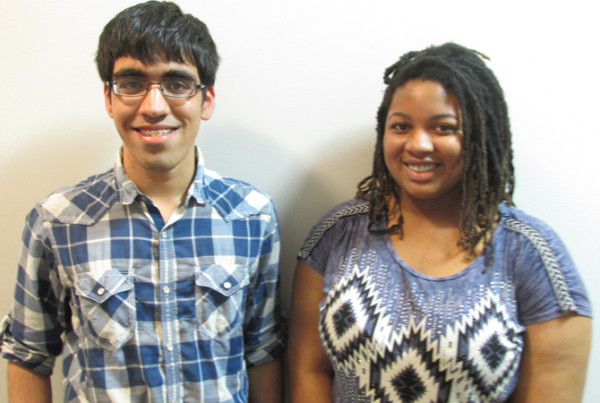Within the next couple of years at least three companies will be growing marijuana legally in Texas. But the pot they’ll be producing won’t be used to get people high. Instead, a non-psychoactive compound of the plant will be extracted into an oil that can be given to people who suffer from a severe form of epilepsy.
The compound, called cannabidiol oil or CBD oil for short, will become legally available all thanks to legislation signed into law Monday by Governor Greg Abbott. About 150,000 people in Texas suffer from intractable epilepsy, which doesn’t respond to conventional medication or surgery, but could respond to THC, the active chemical in marijuana.
Abbott says CBD oil cannot give the user a high, even in large doses, and has no street value. He reassures that this will not open the door for legalized marijuana in Texas. But some people like Jax Finkel, Deputy Director of Texas NORML, the National Organization for the Reform of Marijuana Laws, are hoping the bill will do just that. Texas Standard’s Nathan Bernier spoke with Finkel about the bill and Texas’s future with marijuana.
Finkel on the application of the bill:
“One of the main reservations we have is with the wording of the bill. They use the word ‘prescribes’ and there was recently a legal decision that said that ‘recommends’ needs to be used. All of the other states that are having functioning marijuana laws for medical marijuana use, they use the word ‘recommends’.”
On the future of marijuana in Texas:
“I hope that at the bare minimum we’re going to be able to get patients whole plant medicine. I respect that that is where the governor is right now. I hope that he will continue to be educated on the plant so that he can make a really educated decision on bills that come before him next session.”
On what Abbott can do for veterans:
“I hope that Greg Abbott would speak to the veterans that were at the capitol all session that need whole plant. They need that THC to help with their PTSD. So I would encourage him to sit down with the veterans that have served our country and now live in our state and who have been begging for their medicine, to talk to them about what medical marijuana does for them.”
















